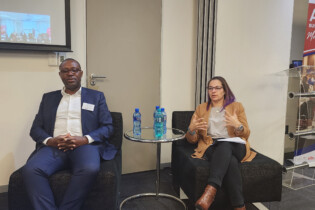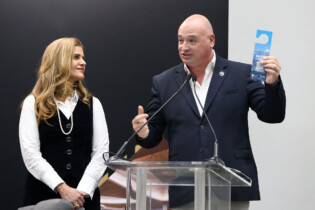In a world obsessed with the lifestyles of the rich and famous, big brands are increasingly signing up with famous A-list celebrities and athletes to endorse their products and services. It’s a highly effective and popular way to attract attention to a brand and its products through the shared positive associations.
While many such endorsements work very effectively, history has also shown that when a celebrity falls from grace in spectacularly public fashion, it can cause significant reputational damage and have financial repercussions for the sponsoring brand if not managed swiftly and strategically.
“Death, disability and disgrace insurance is a way that sponsoring companies can protect themselves financially when a sponsored celebrity behaves inappropriately and the brand decides to distance their association with them. Additionally, this cover also protects the sponsor if tragedy strikes and the endorser is unable to continue as the face of a campaign either through death or disability,” explains Dani Ettridge of Aon South Africa.
But probably the most damaging of these and of greatest concern to sponsors is a public scandal that can destroy a multi-million Rand advertising campaign and hard-earned reputation. With the proliferation of social media, a scandal can erupt in the headlines in rapid and very public fashion, the repercussions of which can linger for months if not years – think of Ben Johnson, Wayne Rooney, Oscar Pistorius, Bill Cosby and Tiger Woods to name a few.
“It’s important to note though that disgrace is a very subjective matter, and that certain brands may have a higher tolerance to certain indiscretions than others. For example, Gillette remained on as a sponsor of Tiger Woods after the revelations about a string of extra-marital affairs.
“But in instances where the actions of a celebrity are in direct opposition to the ethos and values of the sponsoring brand, sponsors have reacted by publicly and swiftly withdrawing their support. In some instances, brands can even derive some positive public sentiment when such action is seen to be taking a stance against an important social issue,” adds Dani.
In the US, Procter and Gamble made a decision not to supply NFL players with pink mouth guards during Breast Cancer Awareness month and cancelled their on-field advertising amidst allegations of domestic abuse and the NFL’s lack of action on the allegations. Public sentiment was positive towards P&G’s swift disapproval of violence against women.








